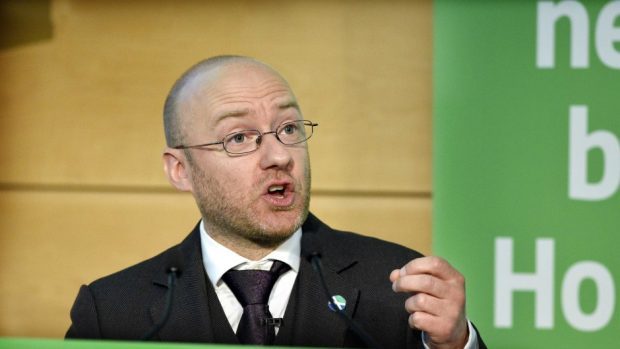Almost half of council tax payers’ cash in the Highlands is being spent on servicing debt.
Shock new figures show local authorities across the north of Scotland are forking out millions of pounds each year just to remain solvent with creditors.
The Scottish Green Party and Scottish Labour have now demanded the debt be written-off so councils can concentrate on using taxpayers’ money to fund local services.
But the Scottish Conservatives branded their call a “crackpot plan” and “financially naive”.
According to the figures, which are contained in a new report by the Scottish Greens, 30% of taxpayers’ cash in Aberdeen goes on servicing debts of about £480million, while in Aberdeenshire that rises to 32% for debts of about £500million.
In Moray, 44% of council tax is spent on interest for debts topping £150million. In Highland, that rises to 48% on debts totalling more than £822million.
Across the whole of Scotland, it is estimated about 42% of council tax is spent on servicing loans totalling £11.5billion.
The UK Treasury, which is the creditor for much of the debt, said it was the “responsibility of individual local authorities” to deal with.
But Scottish Labour’s Westminster spokesman, Ian Murray, said: “Since 1999, Scottish local authorities have paid back over £3billion in interest on pre-devolution debt – this is unfair and unsustainable given the huge cuts they are facing from the SNP government in Edinburgh.
“Relief should be granted on pre-devolution debt liabilities that continue to impose an unwarranted burden of debt on Scottish local authorities.”
The Scottish Greens’ finance spokesman Patrick Harvie said it was “unacceptable” taxpayers’ cash was being spent on “enriching private banks and the UK Treasury”.
But the Scottish Conservative MSP Graham Simpson said it would send “a shocking message to everyone else on fiscal responsibility” if the debt were to be written-off.
He added: “It’s no surprise to see the Greens and Labour – the two most financially naive parties in the Scottish Parliament – devising this crackpot plan.”
A Treasury spokesman said: “Historic debt is the responsibility of individual local authorities. The government has no plans to change this position.”
Highland Council budget leader Bill Fernie said: “When setting a level of borrowing to finance improvements to the capital infrastructure across the council area, the council does so within affordable limits in line with our treasury management strategy.
“As the revenue budget is decreasing, the percentage we pay in servicing debt increases as a result. The budget team is looking at various options for addressing this.”
